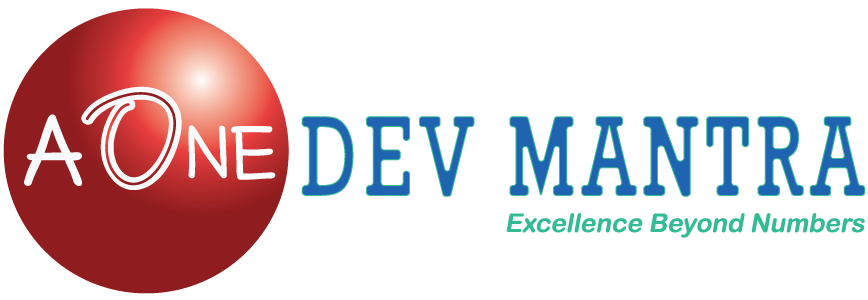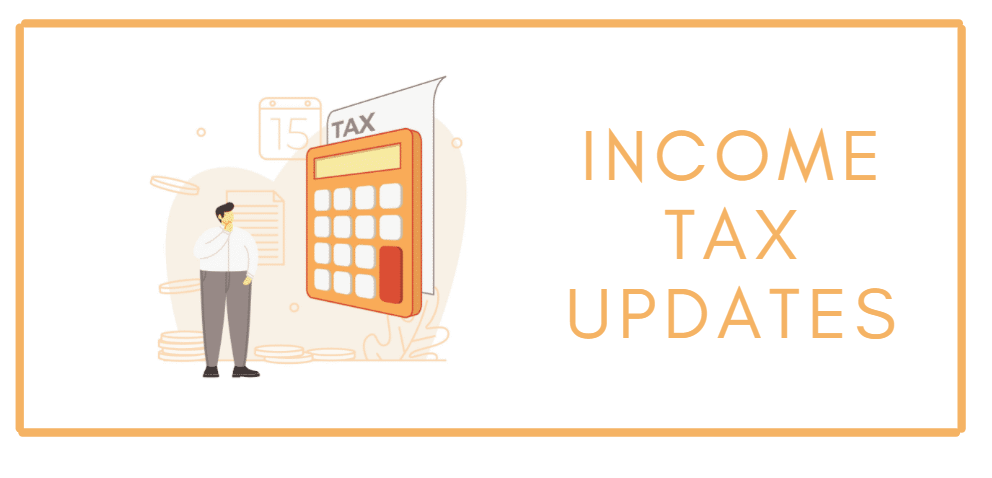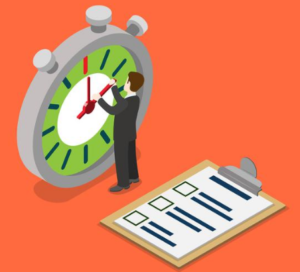INCOME TAX
REGULATORY UPDATES
1. CBDT extends Time Limit for Income Tax Assessment
The Central Board of Direct Taxes (CBDT) extended the time limit for Income Tax Assessment due to COVID-19 pandemic. In the light of several representations received and to address the hardship being faced by various stakeholders, the CBDT has decided to extend the time limits to 30th June, 2021 in the four cases where the time limit was earlier extended to 30th, April 2021 through various notifications issued under the Taxation and Other Laws (Relaxation) and Amendment of Certain Provisions Act, 2020.
Firstly, the time limit for passing of any order for assessment or reassessment under the Income-tax Act, 1961 the time limit for which is provided under section 153 or section 153B thereof. Secondly, time limit for passing an order consequent to direction of DRP under sub-section (13) of section 144C of the Act.
Thirdly, time limit for issuance of notice under section 148 of the Act for reopening the assessment where income has escaped assessment. Fourthly, time Limit for sending intimation of processing of Equalisation Levy under sub-section (1) of section 168 of the Finance Act 2016.
2.CBDT extends Time Limit for Amount payable under Direct Tax Vivad se Vishwas Act, 2020
In the wake of CoronaVirus Pandemic, the Central Board has decided that time for payment of amount payable under the Direct Tax Vivad se Vishwas Act, 2020, without an additional amount, shall be further extended to 30th June, 2021. Amid the raging coronavirus pandemic, the Centre announced the extension of several time limits on Saturday. Considering requests from taxpayers, tax consultants and several other stakeholders, the Union ministry of finance deferred the payment date under Direct Tax Vivad se Vishwas Act, 2020 to June 30.
The time for payment of the amount payable under the Direct Tax Vivad se Vishwas Act, 2020, without an additional amount, has been extended to June 30,” the government said in a release on Saturday. In February, the Central Board of Direct Taxes (CBDT) had extended the due date for filing declaration under the Vivad Se Vishwas Scheme till 31 March, 2021.
3.CBDT notifies Conditions for Pension Fund for Exemption under Sec 10(23FE) and substitutes Form No. 10BBA
The Central Board of Direct Taxes (CBDT) notified the conditions for the pension fund for exemption under section 10(23FE) and substituted Form No. 10BBA. The Board notified the Income-tax (11th Amendment) Rules, 2021 which seeks to further amend the Income-tax Rules, 1962.
In the Income-tax Rules, 1962, in rule 2DB,- after clause (ii), the proviso shall be inserted, which says, provided that the condition in clause (ii) shall be deemed to have been satisfied with respect to assets being administered or invested, if the three conditions are satisfied.” Firstly, the value of such assets is not more than ten per cent. of the total value of the assets administered or invested by such funds.
Secondly, such assets are wholly owned directly or indirectly by the Government of a foreign country. Thirdly, such assets vests in the Government of such foreign countries upon dissolution.”
After the proviso to clause (iii), the proviso shall be inserted, namely “Provided further that the provisions of clause (iii) shall not apply to earning from the assets referred to in the proviso of clause (ii), if the said earning are credited either to the account of the Government of that foreign country or to any other account designated by such Government so that no portion of the earnings inures any benefit to any private person”. In the principal rules, in the APPENDIX II, for Form No. 10BBA the following Form shall be substituted which is in respect of application for notification under sub-clause (iv) of clause (c) of Explanation 1 to the clause (23FE) of section 10 of the Income-tax Act, 1961.
RECENT JUDICIAL RULINGS ON INCOME TAX
1.Foreign Currency is not a ‘Commodity’ to invoke provisions relating to Speculative Transactions: ITAT grants Relief to Lifestyle International.
The Income Tax Appellate Tribunal (ITAT), Bangalore Bench while granting the relief to Lifestyle International ruled that the Foreign Currency is not a ‘commodity’ to invoke provisions relating to Speculative Transactions.
2. Actual Receipt of Money by Assessee is a mandatory condition to invoke section 68 for Unexplained Cash Credit: ITAT grants relief
The Income Tax Appellate Tribunal (ITAT), Delhi Bench while providing the relief to the Zexus Air Services Pvt. Ltd. ruled that Actual Receipt of Money by Assessee is a mandatory condition to invoke section 68 for Unexplained Cash Credit
3.Assessment without issuance of Notice U/s 143(2) is void ab-initio: ITAT quashes Assessment Order
The Income Tax Appellate Tribunal (ITAT), Kolkata Bench while quashing the Assessment Order reiterated that the assessment without issuance of notice under section 143(2) is void ab-initio.
4.Depreciation allowable on Machineries kept ready for Use: ITAT allows Relief since Non-Usage of Machineries due to reasons beyond the control of Assessee
The Income Tax Appellate Tribunal (ITAT), Chennai Bench while allowing the relief since non-usage of Machineries due to reasons beyond the control of assessee held that the depreciation allowable on Machineries kept ready for use.
5.Relief to Reliance: Deductions for Profits and Gains from Industrial Undertakings not to be confined to ‘Business Income’ Only, rules Supreme Court
The Supreme Court of India has ruled that the Deductions for profits and gains from industrial undertakings under Section 80-IA must not be confined to ‘Business Income’ only. The Assessing Officer restricted the eligible deduction under Section 80-IA of the Income Tax Act, 1961 to the extent of ‘business income’ only. The Commissioner of Income-Tax (Appeal)-I partly allowed the Appeal filed by the Assessee and reversed the order of the Assessing Officer on the issue of the extent of deduction under Section 80-IA of the Act. The Income Tax Appellate Tribunal, upheld the decision of the Appellate Authority on the issue of deduction under Section 80-IA. The High Court refused to interfere with the Tribunal’s order as far as the issue on deduction under Section 80-IA is concerned.
The Assessee, M/s. Reliance Energy Ltd. is in the business of generation of power and also deals with purchase and distribution of power. The Assessee-Company generated power from its power unit located at Dahanu. In respect of deduction under Section 80-IA of the Act, the Assessee was asked to explain as to why the deduction should not be restricted to business income, as had been the stand of the Revenue for the assessment year 2000-01. The Assessee had revised its claim under Section 80-IA of the Act to Rs. 546,26,01,224/-, having admitted that there was an error in calculation of income-tax depreciation. The Assessing Officer rejected the contention of the Assessee that Section 80AB of the Act is not applicable.
The Assessing Officer elaborated on this point by stating that ‘income from business’ alone had to be considered for allowing any deduction computed on ‘income from business’ and using the same analogy, deduction computed on ‘income from other sources’ should be allowable against ‘income from other sources’ only. As the deduction under Section 80-IA of the Act pertains to profits and gains from a business undertaking, the deduction is allowable only against ‘income from business’. The Assessee supported the order passed by the Appellate Authority which was upheld by the Tribunal and the High Court. It is the argument of Mr. Ajay Vohra, learned Senior Counsel appearing on behalf of the Assessee, that Section 80AB of the Act is with reference to computation of deduction on the basis of net income. He submitted that there is no indication in sub-section (5) of Section 80-IA that the deduction under sub-section (1) is restricted to ‘business income’ only. On the other hand, according to him, sub- section (5) deals with determination of the quantum of deduction by treating eligible business as the only source of income of the Assessee.
The controversy in this case pertains to the deduction under Section 80-IA of the Act being allowed to the extent of ‘business income’ only. The claim of the Assessee that deduction under Section 80-IA should be allowed to the extent of ‘gross total income’ was rejected by the Assessing Officer. The division bench of Justices L.Nageshwara Rao and Vineet Saran highlighted the essential ingredients of Section 80-IA (1) of the Act. Firstly, the ‘gross total income’ of an assessee should include profits and gains. Secondly those profits and gains are derived by an undertaking or an enterprise from a business referred to in sub-section (4). Thirdly, the assessee is entitled for deduction of an amount equal to 100% of the profits and gains derived from such business for 10 consecutive assessment years. Lastly, in computing the ‘total income’ of the Assessee, such deduction shall be allowed. The Apex court held that the scope of sub-section (5) of Section 80- IA of the Act is limited to determination of quantum of deduction under sub-section (1) of Section 80-IA of the Act by treating ‘eligible business’ as the ‘only source of income’. Sub-section (5) cannot be pressed into service for reading a limitation of the deduction under sub-section (1) only to ‘business income’.”







Recent Comments